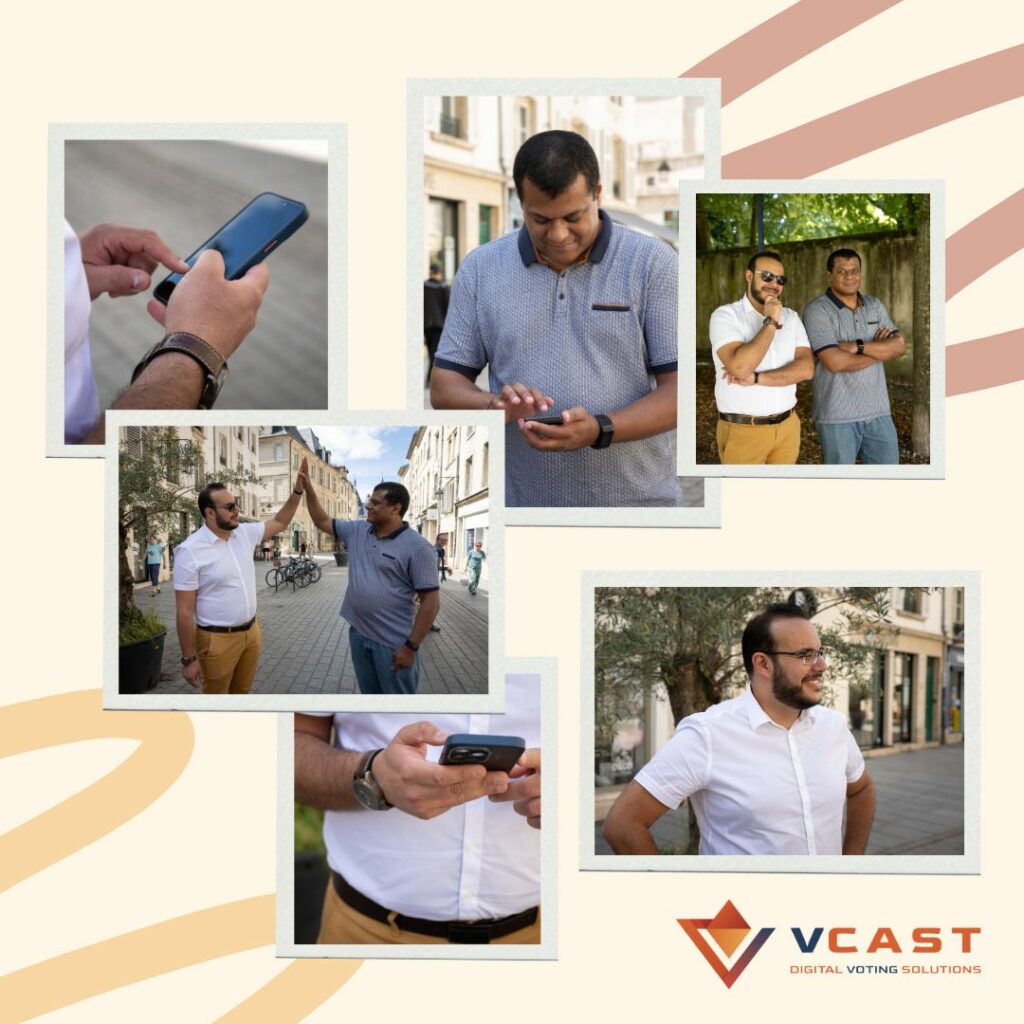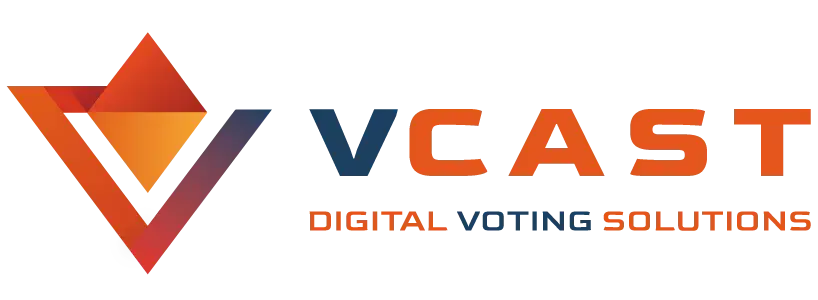
VCAST is a French company that provides transparent and verifiable online voting solutions, built on the open-source Belenios technology. Its platform enables organizations to conduct secure electronic elections while ensuring full transparency and end-to-end verification of the voting process.

The Challenge
The story of VCAST began in 2012 with the Belenios project at INRIA, where we developed an open-source internet voting system. The project gained momentum during the COVID-19 pandemic in 2020, when demand for remote and secure elections significantly increased.
However, the academic research project could no longer meet the professional service requirements of organizations. This led to the creation of VCAST in December 2024, with the mission of delivering enterprise-grade support and services around Belenios technology.
The technical challenge was substantial: we had to design a voting system that could guarantee privacy, security, and cryptographic verifiability, while remaining accessible to non-technical users. To achieve this, our platform integrates advanced mechanisms such as asymmetric encryption and zero-knowledge proofs, ensuring both performance and reliability.
The Results
Our OCaml-based voting platform has already proven successful:
- More than 7,000 elections successfully organized
- Over 740,000 voters invited to participate
- Around 240,000 votes effectively recorded
OCaml’s performance has been a key factor. For example, when developing a verifier for the French abroad voting system, our OCaml implementation significantly outperformed the existing Java-based solution, reducing verification time from several hours to under 30 minutes.
Why OCaml?
Our relationship with OCaml began during Stéphane Glondu’s university years, alongside the Coq proof assistant, as part of his doctoral research. When we launched Belenios in 2012 at INRIA, choosing OCaml was a natural decision due to its robustness and suitability for complex cryptographic challenges.
- The strong type system of OCaml provides essential guarantees for cryptographic implementations.
- Our experience with Coq reinforced our confidence in OCaml for handling complex mathematical and cryptographic computations.
- Compilation to JavaScript via js_of_ocaml has been a major advantage, enabling advanced client-side features while maintaining maximum security and an excellent user experience.
The Solution
Our technical stack has evolved significantly since the early days. At first, we built on the Helios voting interface, leveraging their JavaScript frontend implementation. With version 2 of our platform, we rewrote the entire voting interface in OCaml, marking a major architectural shift.
Collaboration has also been a strong point. For example, an external contributor built a React-based interface for the voting platform, proving the flexibility of our architecture and its ability to integrate different technologies and skill sets.
On the backend side, we chose Eliom as the foundation for both the server and API layer. What began as a classic HTML4 web application has now become a modern client-server system with clean separation of components.
Our tech stack includes:
- Eliom for backend and API
Lessons Learned
Over time, we’ve drawn several key insights from our experience with OCaml:
- The type system provides crucial guarantees for cryptographic security
- js_of_ocaml enables interoperability and flexible architecture choices
- Developers without prior OCaml experience can contribute effectively, especially on frontend components
- While hiring OCaml developers can be challenging, they typically bring a very high level of expertise
- The combination of performance and type safety makes OCaml particularly well-suited for security-critical applications



